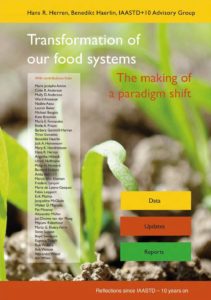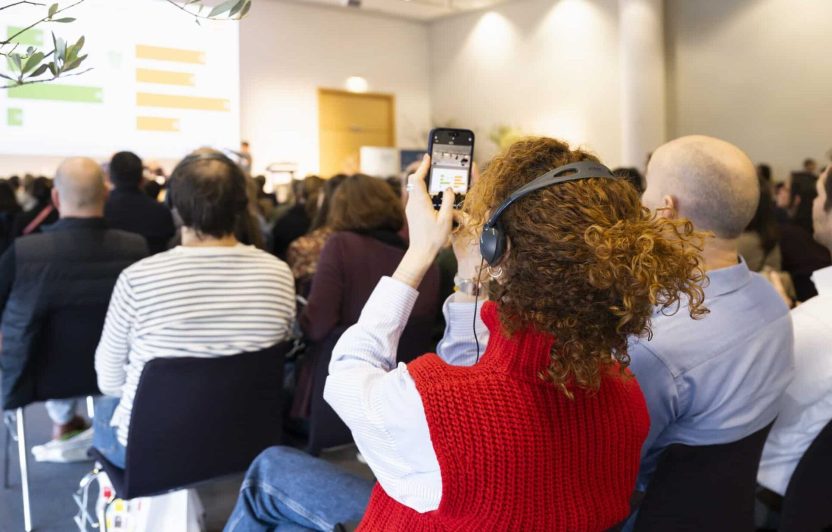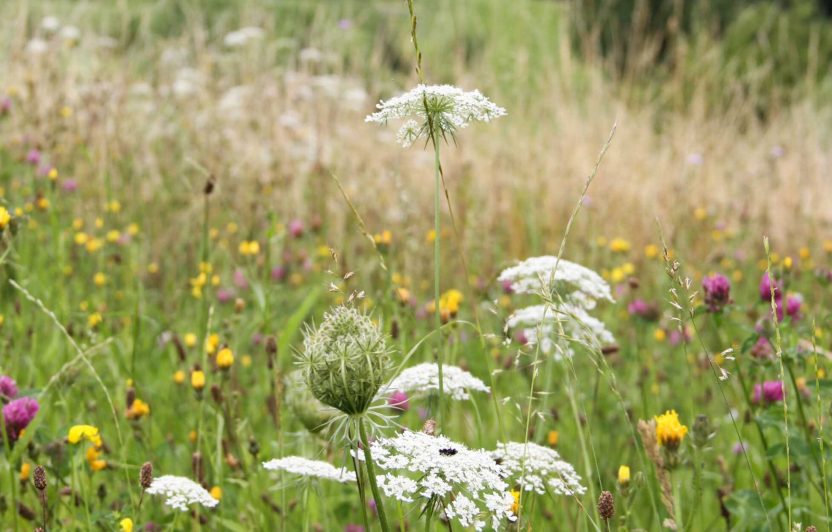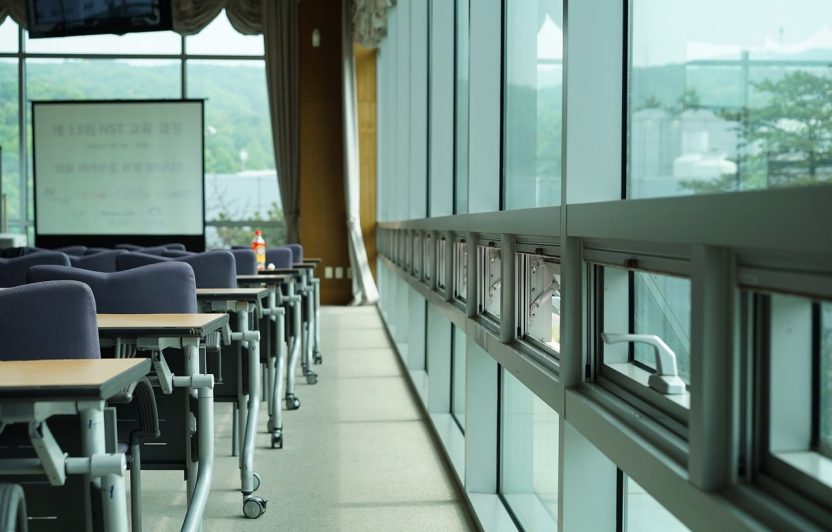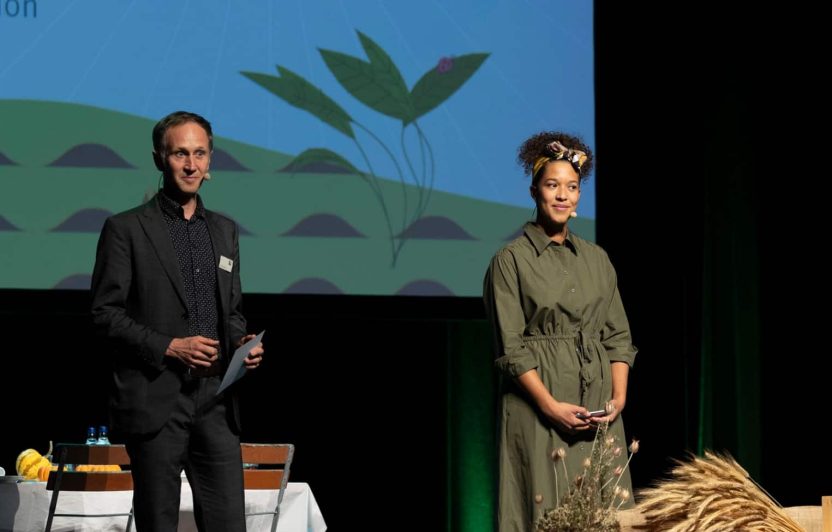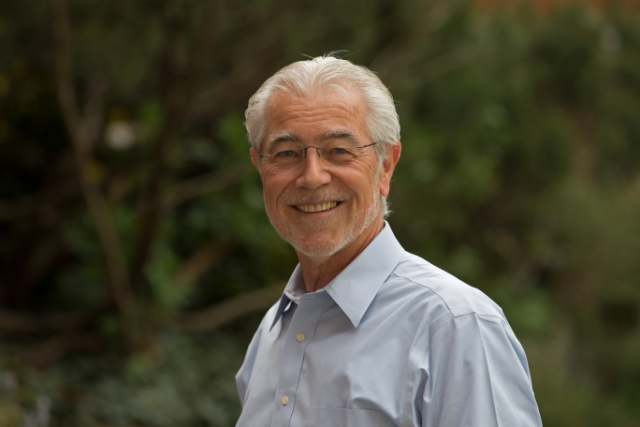
Biovision President Hans Herren and his co-authors came to a clear and alarming conclusion in the International Assessment of Agricultural Knowledge, Science and Technology for Development IAASTD 2009: “Business as usual is not an option.” Now, more than a decade later, the World Food Prize winner, along with other authors of the report, believes that the state of the environment has worsened dramatically in some ways – but that a rethink has started to take place. In a zoom interview from his adopted home in California, Hans Herren explains what gives him hope, despite everything.
Hans Herren, you have been intensively involved with agroecology and food systems for decades. Was there anything that surprised you while you were working on the book?
Yes, the fact that we are further along the road to sustainable food systems than previously thought. We were aware that something had changed in the last few years. But it wasn’t until we put together the most important studies and reports on the subject by the UN, FAO and other organisations that we realised how many of the ideas from the World Agriculture Report, which were viewed with criticism at the time, have been adopted since then. Several ideas and suggestions have been expanded on and improved. Today we have a much stronger basis for the transformation of agriculture than eleven years ago.
The publication of the IAASTD report in 2009 coincided with the financial crisis and was therefore somewhat lost in the media. The new publication is being issued during the coronavirus crisis. What does that signify?
In 2009, money and the economy were suddenly the focus of concern, so our warning that industrial agriculture could not continue in the same way received less attention than we had hoped. However, the outbreak of the coronavirus pandemic is obviously linked to the way in which people are nourished. During the lockdown period, many people rediscovered the importance of nutrition – which gives hope that the book will fall on fertile ground.
What else has changed?
Well, we are currently not only experiencing the coronavirus crisis, we are also encountering a climate crisis. Even back then, we raised the alarm about the negative consequences of climate change on food production. Today, however, the signs of the crisis can be clearly seen and felt: forest fires in the USA and Australia, floods in Africa, tropical storms. People are much more aware of the urgency of changing course than they were ten years ago.
In the book, you state that the situation regarding biodiversity loss and hunger in the world has worsened rather than improved since then. But that a “paradigm shift” has taken place. What do you mean by that?
We had called for this paradigm shift in the World Agriculture Report. We meant a rethink of the way in which we produce food: the main thing is not how much, but above all what we produce – not empty calories, but healthy food from a diverse agricultural system. After all, we produce too much, not too little, worldwide. The important thing is to produce the right thing in the right place.
And is this where you believe that a change has taken place?
Let’s take the example of the “true cost” approach (article about true cost in French and German), which takes environmental impacts into account in the prices of products. In my view, this is the best lever, as it is something everyone can understand. Ten years ago, this idea merely prompted an academic discussion, if anything. Nowadays people don’t look at me as if I came from the moon when I talk about it. Findings and approaches from the World Agricultural Report, for which we lacked understanding at the time, have now become mainstream.
What is the situation at international political level?
Despite supporting the World Agricultural Report, the FAO subsequently expressed criticism of the findings. In the following years, however, it officially recognised agroecology as a worthy approach for the agriculture of the future. Today, however, under the new Director-General Qu Dongyu, this achievement is once again under threat.
What do you hope to gain from the publication of the book?
I hope that now, as we face several crises, the solutions we propose will fall on fertile ground. I hope that the book will serve as a work of reference for decision-makers in nutrition policy. And that it will support the argumentation of all those who are already convinced of the necessity of a shift towards agroecology.
If, in a good ten years, a body called IAASTD+20 takes stock of the situation – what will be its conclusion?
I hope we will find that there is no longer any discussion about whether a transformation of the food systems is necessary – because it will already be well under way. And that we will no longer need to explain what agroecology is and why it is the right approach for solving our problems in food systems – because decision-makers will have realised that a comprehensive, sustainable solution is required.
«Transformation of our food systems – the making of a paradigm shift»
Ten years after the World Agriculture Report, Biovision president and Co-Chair of IAASTD, Hans Herren and 40 other authors take stock.
